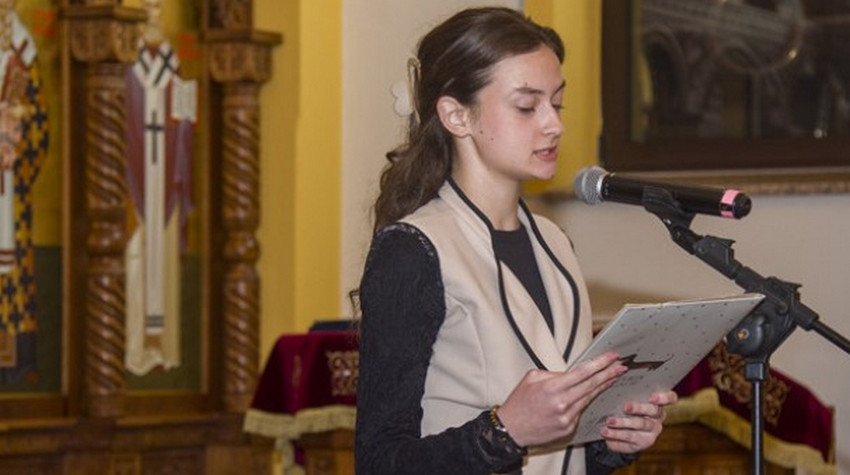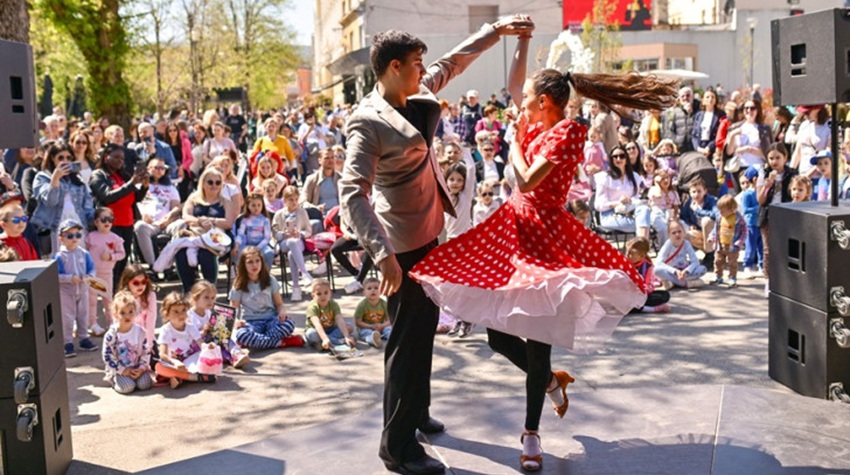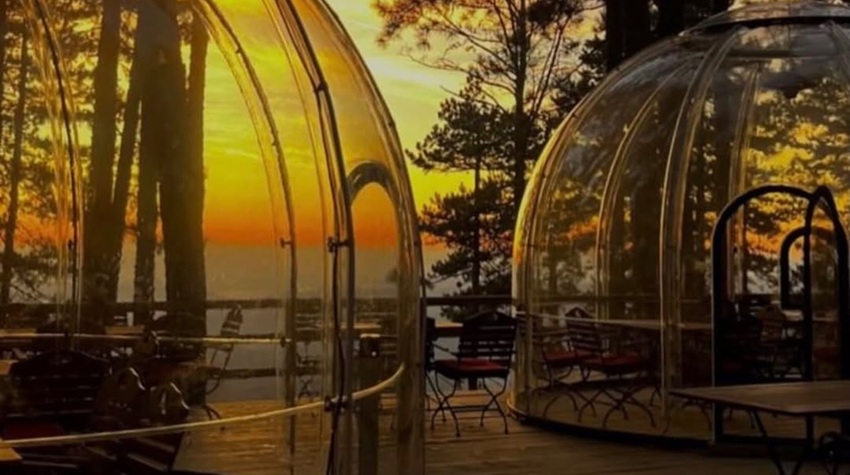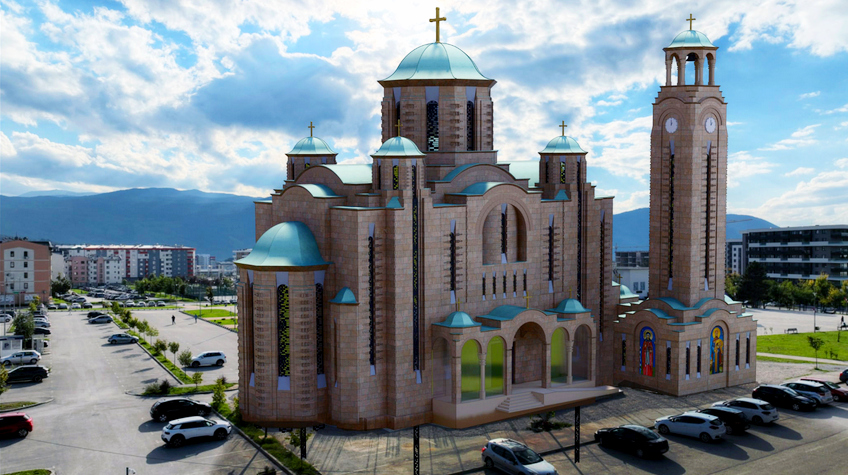JOVAN LEARNS THE SECRETS TO THE HEALTHIEST SWEET FROM HIS GRANDFATHER AND FATHER
Honey, the first sweet treat in human history and also the healthiest, was Jovan’s first taste of sweetness, just as it was for most children in his day.
“My grandfather had woven beehives, and I remember well—on the holiday of St. Elijah, he would take a small axe, cut off a piece from the top, and we, as little kids, would take some of the honeycomb. It was incredibly sweet and delicious, so much sweeter than anything today,” recalls Jovan Ivanović, who now owns about 100 bee colonies on his weekend estate in the Šube neighborhood of Foča.
Jovan's honey, renowned for its quality, sells quickly and easily. He explains that he doesn’t need to bring it to market; he has regular buyers, so it sells well even when yields are significantly higher than this year.
“About ten years ago, it was an exceptionally good year. I had around 120 colonies and harvested around three tons of honey, and by the time Christmas came, it was all sold. This year, the average yield per hive is around five to six kilograms—enough for the season, especially as the year draws to a close,” Ivanović shared.
Confirmation of his honey’s high quality came last year from the International Beekeeping Fair "Honey Tuzla," where he won the "Gold Medal for Meadow Honey" certification.
Ivanović serves as president of the Foča Beekeepers Association "Polen," which includes 62 members with 2,540 bee colonies. Among them, 47 beekeepers meet the eligibility for municipal and state incentives, requiring a minimum of 30 bee colonies.
According to the president of "Polen," the last five years have been tough for beekeeping, with this year only slightly better.
“This year had a bit of an upswing. Spring started well, but then the rains came, followed by a dry summer, making it only slightly better than the previous four years. It still wasn’t quite satisfying,” Ivanović explained.
In a good year, honey yields per colony range from ten to 20 kilograms, while this year, Foča beekeepers averaged about five kilograms per hive. Honey pastures were much better in the mountainous areas, while in the Drina Valley, they were weaker.
"The honey is of exceptional quality, dense and rich. Beekeepers from lower areas, like Ustikolina and Jošanica, had less yield because they lacked sufficient pastures, meadows, and coniferous forests. Those who moved their bees to higher places like Zavait, Čelebići, Šćepan Polje, Toholj Mountain, Vukuša, and other mountainous areas did better," Ivanović noted.
Yields were higher in areas with abundant white clover, which proved to be exceptionally nectar-rich this year.
“White clover bloomed well; I saw up to five or six bees gathering nectar on a single flower,” Ivanović added.
The price of honey has remained steady at 25 marks per kilogram, even though, as Ivanović pointed out, everything else has become more expensive—wax and beekeeping equipment included.
Unlike last year, when bear incursions were common in Foča’s beehives and caused significant damage to many hives, this year saw no such incidents thanks to the installation of electric fences.
“Early this spring, we issued a tender to which 35 beekeepers applied, and we received bear fences. It was affordable, with an international organization funding 70% and us 30%. A bear showed up at a bee yard in Kuti, but the electric fence shocked him, and he didn’t cause any damage,” said Ivanović.
Ivanović warns that there is a lot of honey of dubious quality and origin on the market, advising consumers to buy honey only from trusted beekeepers.
The members of "Polen" recognize this as a major issue that should be addressed at the level of Republika Srpska.
Achieving uniform quality, as seen in neighboring countries where honey carries a geographical origin label monitored by state laboratories and trusted by the public, requires greater commitment from relevant institutions.
Ivanović mentioned that the Beekeepers Association of Republika Srpska has discussed this issue and that there are plans to try to address it. However, the high cost of honey analysis, which is not properly regulated by law, remains a challenge.
Foča is rich in diverse natural resources and is known for its high-quality honey, while the "Polen" Association strives to attract more people to explore the joys of beekeeping. Two years ago, the association provided beginners with 44 complete beekeeping kits, each with five bee colonies.
“There are many new beekeepers who are enthusiastic and working well, but some have given up and are selling their equipment,” Ivanović concluded.
















